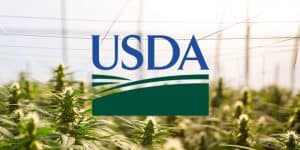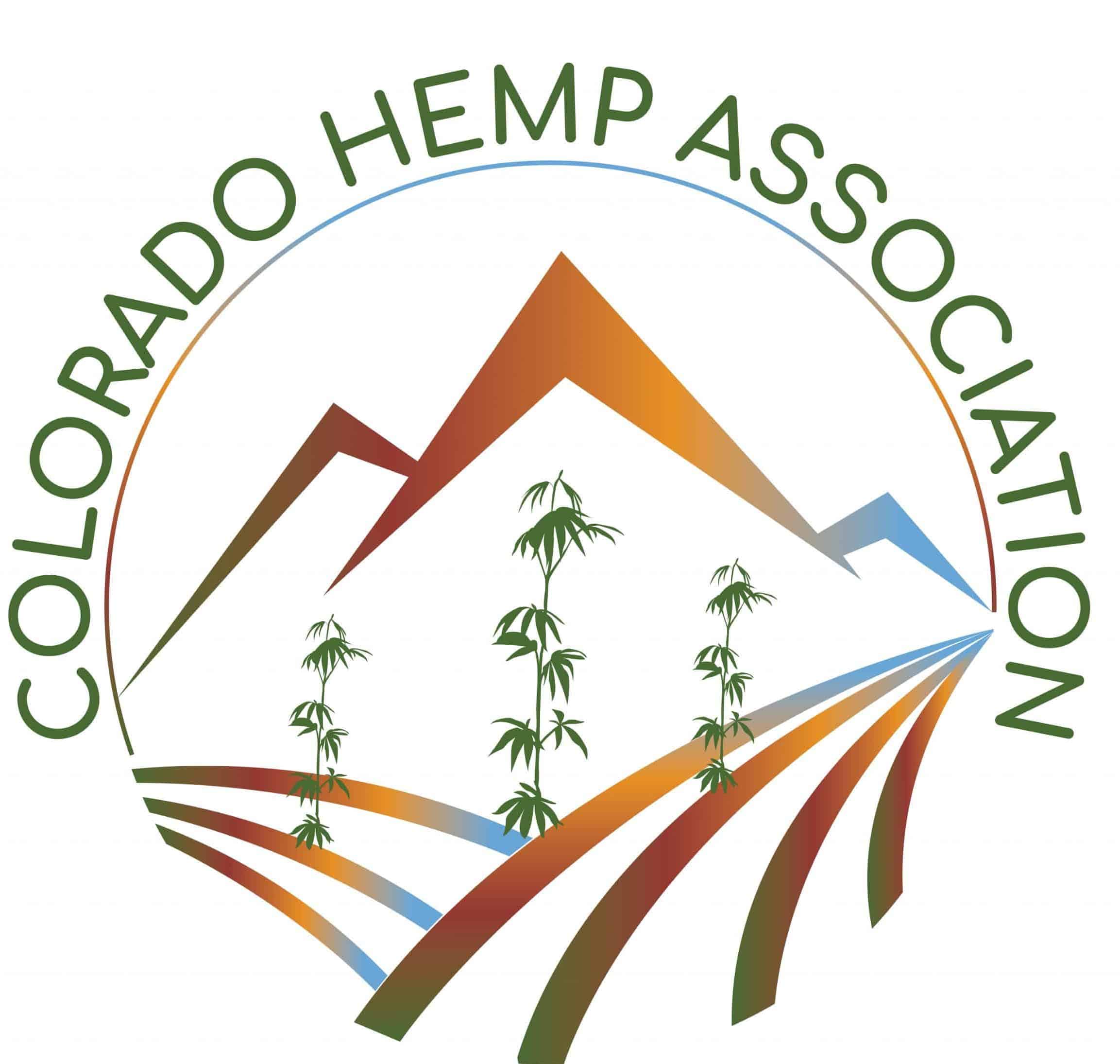COHIA Submits Public Comment on USDA Interim Hemp Rules


Below is the comment that COHIA submitted to the USDA.
January 9th, 2020
The Honorable Secretary Perdue
Secretary, United States Department of Agriculture
1400 Independence Way
Washington, DC 20250
Dear Secretary Perdue,
We write to you concerning the Interim Final Rule (IFR) for the United States Department of Agriculture’s hemp program. Our organization, Colorado Hemp Industries Association (COHIA) represents hundreds of hemp farmers and small hemp business owners in Colorado. We are proud to be leaders in the hemp space for the rest of the country since Colorado first legalized the production and processing of hemp in 2012. Our state has consistently grown more acres of hemp than most states combined for the last 5 years under the 2014 Farm Bill. We have created literally thousands of jobs, pioneered processing and manufacturing innovations that have propelled this industry forward, and been leaders on regulation and policy for hemp. And that is why we write to you very concerned with the potentially throttling effects on our industry as a result from the proposed rules being put forward by the Department.
While we have found several areas of concern in the IFR, we are specifically addressing four main areas that will significantly harm the Colorado market and our small farmers if not addressed and adjusted accordingly. We believe these topics are especially critical to the Colorado market precisely because Colorado has already created robust regulation around hemp for the last 5 years that have effectively regulated the complex issues between hemp and marijuana to great success and with no evidence of non-compliance or negligence that had adversely affected the industry or the public.
Issue 1: Sampling
Rule: §990.3 State and Tribal plans; Plan requirements (a)(2)
(i) Within 15 THIRTY days prior to the anticipated harvest of cannabis plants, a Federal, State, local, or Tribal law enforcement agency or other Federal, State or Tribal designated person shall collect samples from the flower material from such cannabis plants for delta-9 tetrahydrocannabinol concentration level testing as described in §§ 990.24 and 990.25.
Position:
30 days allows state departments of agricultures, particularly ones with limited staff and resources, enough time to collect samples from every registrant. Colorado currently has over 2500 registered hemp farmers (the largest program in any state), a strained budget, and 31.7 million acres of farmland to oversee. A 30 day window offers Colorado the necessary flexibility to effectively work with all registrants and assure compliance.
Rule: §990.3 State and Tribal plans; Plan requirements (a)(2)
(vi) Hemp that is produced with internationally accredited and certified seed, or a comparative program for certified and accredited genetics, that establishes varieties of hemp that meets the tetrahydrocannabinol level of no more than 0.3% on a dry weight basis (or as defined in federal law), may be exempted from mandatory sampling and testing as determined by each state or tribal authority.
States may also exempt hemp from mandatory sampling and testing if the crop is being grown specifically and only for fiber end use products or for grain.
Position:
We propose adding a new rule that allows states and tribes to exempt certain hemp varieties from being sampled and tested.
Hemp is currently globally produced with varieties with stable genetics that meet the internationally recognized standard of 0.3% tetrahydrocannabinol threshold. To include these stable varieties with genetics that are being newly developed ignores the science around agriculture and significantly harms those in the hemp industry seeking to build the fiber and grain sector of hemp. Hemp has many non-consumable industrial applications and these industrial varieties are developed from certified seed that currently meeting all testing standards, therefore mandating valuable state resources be used to sample and test these crops is wasteful and threatens our ability to be competitive in already established global markets. Therefore hemp crops that are grown specifically for fiber use products should be allowed to be exempt from mandatory testing and sampling. This will also free up the pipeline from crop to lab and ensure a timely turnaround for more volatile flower crops.
Additionally, new science is being developed around cloning and stabilizing non-traditional agricultural genetics in not only hemp, but other food crops. States and tribes should be allotted flexibility to develop programs to research, develop and certify these new methods. Once stable genetics are established, this will relieve many cash strapped states and tribal resources and maximize farmers’ ability to grow compliant hemp from both certified seeds and clones.
Issue 2: Testing
Rule: §990.3 State and Tribal plans; Plan requirements (a)(3)
A State or Tribal plan must include a procedure for testing that is able to accurately identify whether the sample contains a delta-9 tetrahydrocannabinol content concentration level that exceeds the acceptable hemp THC level. The procedure must include a validated testing methodology that uses postdecarboxylation or other similarly reliable methods. The testing methodology must consider the potential conversion of delta-9 tetrahydrocannabinolic acid (THC-A) in hemp into THC and the test result measures total available THC derived from the sum of the THC and THC-A content. Testing methodologies meeting these requirements include, but are not limited to, gas or liquid chromatography with detection. The total THC concentration level shall be determined and reported on a dry weight basis
Position:
The 2018 Farm Bill, as intended by Congress, only addresses testing for delta-9 tetrahydrocannabinol, and specifically allowed for flexibility in testing methods. There was no contemplation that THCA had to be converted to THC in order to be reliable, and given the constant advancement in testing methodologies, we recommend that USDA remove this requirement entirely.
Rule: Mandating all testing be done with DEA-registered laboratories
Position:
USDA should strike the requirement for all states to use DEA-registered laboratories for testing hemp. Instead, states and tribes should be allowed the authority to create and use their own network of certified laboratories for testing hemp for two compelling reasons.
First, there are simply not enough DEA-registered labs to handle the volume of hemp that is being grown in Colorado, or many other states or tribal territories. Additionally, there is no guarantee that current labs that are registered would be willing to take on the added burden of testing hemp or, even if they are willing, have the capacity to turn around results within a timely manner that wouldn’t threaten the viability of tested crops with the already limited window of 15 days.
Secondly, Colorado is one of the few states that already has a robust network of experienced laboratories that are currently testing all forms of cannabis from hemp to marijuana. In order to handle the large volume of hemp being produced that would be required to be sampled and tested for THC compliance, we should be able to independently certify and regulate these labs to adhere to established national standards.
Issue 3: Disposal
Rule: §990.3 State and Tribal plans; Plan requirements (a)(3)
(i) Any test of a representative sample resulting in higher than the acceptable hemp THC level shall MAY be conclusive evidence that the lot represented by the sample is not in compliance with this part. Lots tested and not certified by the DEA-registered laboratory at or below the acceptable hemp THC level may not be further handled, processed or enter the stream of commerce and. The producer shall ensure the lot is disposed of in accordance with § 990.27, “Non-compliant cannabis plants” STATE OR TRIBAL LAW.
(iii)(E) An effective disposal procedure for hemp plants that are produced that do not meet the requirements of this part. The procedure must be in accordance with DEA regulations. STATES MAY ALSO ADOPT A METHOD FOR REMIDIATION OF NON-COMPLIANT CROPS IF THE INITIAL TEST WAS LESS THAN 1% TOTAL THC AND THE FINAL PROCESSED AFTER REMEDIATION PRODUCT IS DEEMED TO HAVE LESS THAT 0.3% THC ON A DRY WEIGHT BASIS.
Position:
In 2018, Colorado created an innovative system to dispose of cannabis waste in a sustainable manner by allowing it to be processed by hemp manufactures and other green-waste recyclers. This waste in no way enters the consumable commerce stream, but does allow for valuable bio-mass to utilized in a sustainable manner. Until there are more avenue for farmers to use stable varieties – either through certified seed or genetics, if they unintentionally grow non-compliant hemp, that crop should be able to be disposed of in a sustainable manner that can still economically benefit the farmer.
Furthermore, the Controlled Substances Act has exempted fiber and stalks from the definition of marijuana since its drafting. Which means that even if a crop tests over the allowable THC limit, farmers should still be able to process the fiber and grain produced from the crop as it legally is exempt from the federal definition of marijuana.
Issue 4: Negligent Violation of THC Threshold
Rule: §990.6 Violations of State and Tribal plans. (b)
(3) Production of cannabis with a delta-9 tetrahydrocannabinol concentration exceeding the acceptable hemp THC level. Hemp producers do not commit a negligent violation under this paragraph if they make reasonable efforts to grow hemp and the cannabis (marijuana) does not have a delta-9 tetrahydrocannabinol concentration of more than 0.5 ONE percent on a dry weight basis.
Position:
Navigating the difficult areas of legal intent for farmers who unintentionally cultivate
hemp above the 0.3 THC threshold is not necessarily within the authority of the USDA
especially with such a narrow margin of error. Because of the legal quagmire and
potentially criminal implications around intent and negligence, we strongly encourage
USDA to drop all references around this language and instead adopt a simpler approach
that allows states to address THC tests over the allowable threshold as non-compliance
violations.
Until the industry has more stabilized genetics available, or until USA allows for states
and tribes the flexibility to utilize stable crop varieties that already exist, such a limited
threshold of only two-tenths of a percent is only going to doom farmers and the industry
to failure. Not to mention, 0.5% is an arbitrary amount with no scientific basis. In order to
allow for the USDA and farmers to operate with the most success in this new industry, it
is imperative that the threshold of allowable violation be raised to 1% THC on a dryweight
basis. We also recommend that states with existing cannabis regulations be allowed to offer remediation opportunities for non-compliant crops so farmers are not unfairly financially liable for crops that inadvertently test over the allowable THC limits.
While we understand the prudent and overly-cautious approach to hemp regulation as it pertains to distinguishing the crop from marijuana, we must reiterate that the intention of Congress and every state and tribe that has successfully regulated hemp since the 2014 Farm Bill has been to treat hemp as closely to a traditional crop as much as possible. Colorado and COHIA are proud to have led the way for sensible regulations that have launched our state to be leaders in this nascent industry and, unfortunately, the current draft of the IFR will stifle the progress this industry has already made. We have an opportunity to propel our farmers to be global leaders in hemp production, we should seize on it.
Furthermore, we must note that 33 states have robust regulations around all of cannabis,
including marijuana, with no federal oversight. These states must be allowed more liberal
latitude in their hemp states plans as it relates to the issues as identified above. Not only will that decrease the fiscal encumbrance and resource drain for those states, but will alleviate the load for USDA as well – especially at a time when federal agencies have seen drastic reductions in the scope of their regulatory burdens.
Thank you for your consideration of our comments, we look forward to your deliberation.
Colorado Hemp Industries Association
Board of Directors
Bethleen McCall, President
Margaret MacKenzie, Vice-President
Tim Gordon
Garrett Graff
Caren Kershner
Kristen Kunau
Ian Terry
Rick Trojan
Samantha Walsh
